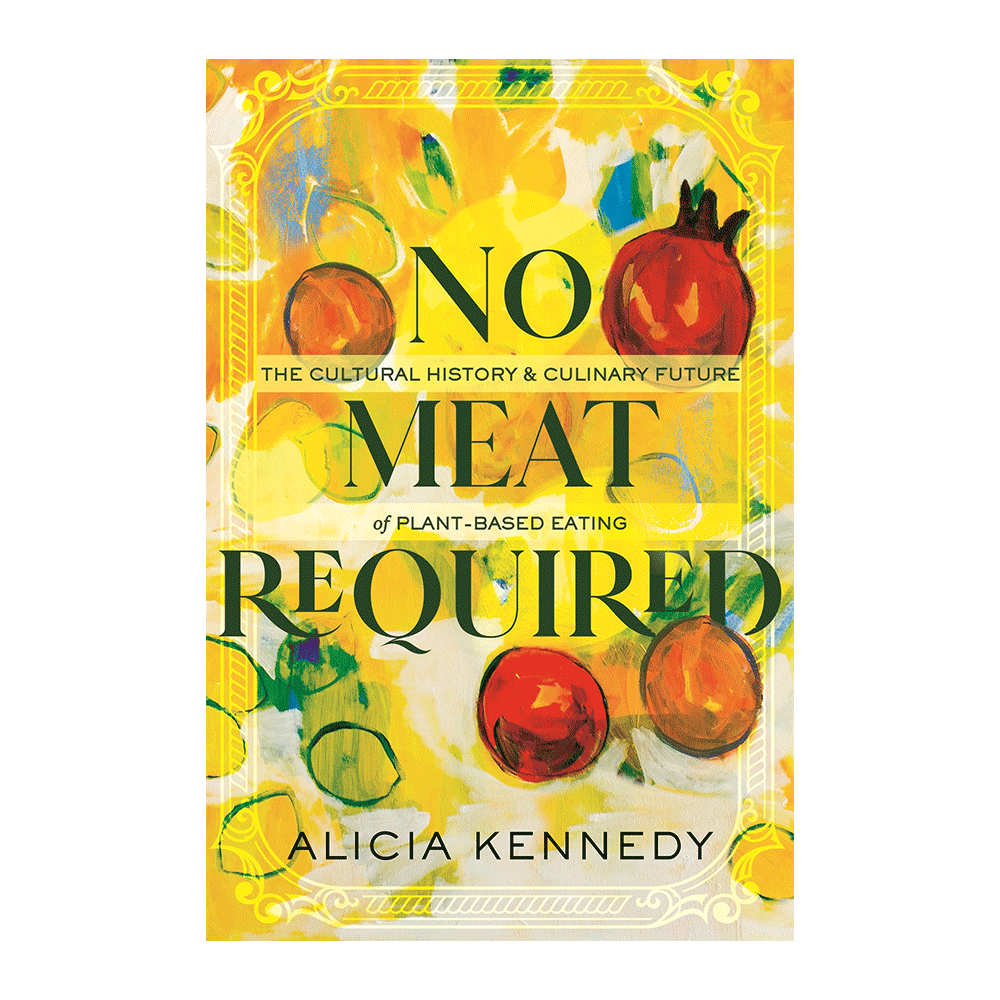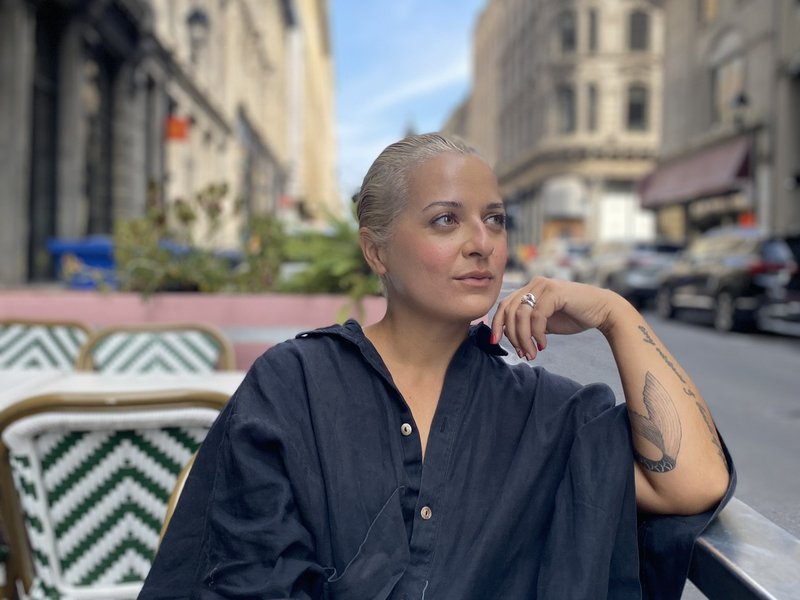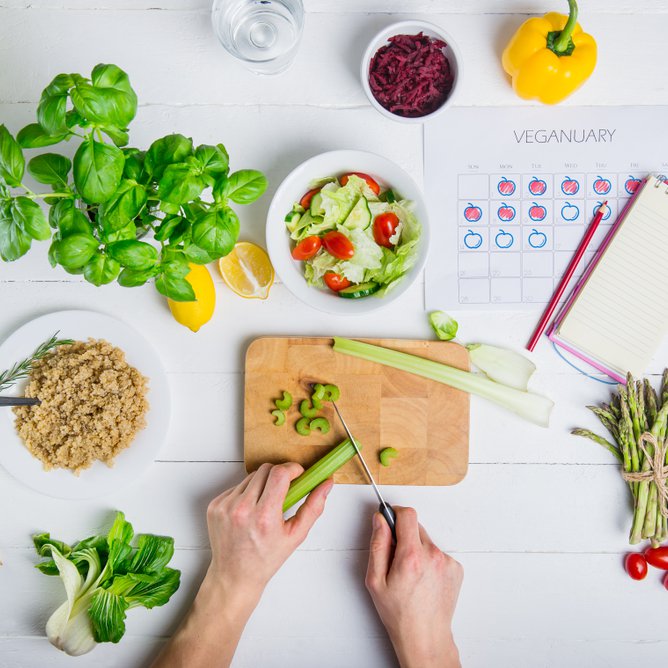There is no shortage of food writers these days, nor of lifestyle media outlets to publish their recipes, list their recommendations, and broadcast their travelogues. Some are vegans or vegetarians and advocate for those lifestyles. But not many. And none, in recent years, have written as thoughtfully or expansively on that subject as Alicia Kennedy, author of the most essential food book of 2023. It’s called No Meat Required: The Cultural History and Culinary Future of Plant-Based Eating, though her initial working title was simply Meatless.
“The marketing people said that sounded too much like a cookbook,” says Kennedy, speaking from her home in Puerto Rico. She has since found that some readers make that assumption anyway, flicking through for recipes to find a rigorous work of non-fiction instead, tracing the origins of “meatless” diets back through centuries of communes, cults, and religious practices while making a nuanced case for such a diet as the key to our survival.
Based on her research, she is not inclined to insist that everyone stop eating meat. “In terms of land use, animal welfare, and labour conditions, I do think it’s an existential necessity that we transition to a more plant-centric diet, but I also think there’s room for people to eat within the limits of their local ecosystem and places where it might make more sense to eat grazing animals on occasion. These can be good things for biodiversity and cultural diversity.”
Kennedy was born in Long Island, New York, and raised on the standard American diet. She became vegan in her 20s and ran a small vegan bakery business while working as an editor at New York Magazine. “It seemed to me that the mainstream food media didn’t take vegan eating seriously even when it was becoming cool – not so much about health and nutrition as about people just doing really good food and leaving out the animals.”
When she started writing about those developments circa 2015, she felt like “the niche weirdo” for doing so. Since then, says Kennedy, the whole sector has changed. “Now it’s almost normal to see roundups of the best vegan hotdogs for summer BBQs in major lifestyle publications, things like that. I think it’s because people have come to put the food itself first in their minds.” Many Western cultures, she says, will still tend to stigmatise or ostracise those who give up meat, as if that decision runs counter to the culture in question.
Her home country has hangups of its own, she says. “It can often seem that people don’t know how to eat in the US, or to enjoy their food, except to indulge in the worst possible nutritional way. They have this strange idea that caring about food is some kind of affectation or something just for the French.” That attitude is shifting, if not quite quick enough for Kennedy’s liking – nor, indeed, for the planet’s. And to her mind, lifestyle media should be helping to move the needle instead of writing about food as mere leisure.
The main problem, as I see it, is affluent populations consuming wild amounts of meat and dairy, and creating a lot of food waste … This is where behaviour has to change and where food writing has a role to play, in pushing to normalise a plant-based approach as the default.” In her own writing, Kennedy tends to make the connections between climate change, agricultural practices, and industrial interests that still go widely unexamined.
While there are no recipes in No Meat Required, there are enough references in the bibliography to help the reader on their own way to that plant-based default. “I want this book to make people realise that change of diet doesn’t mean stepping into a new skin or eating tofu for every meal … it just means figuring out who you are without meat every single day.”
Kennedy herself is now a “bivalve-eating vegetarian, which makes me a little harder to categorise.” And she lives on Puerto Rico with her husband – a native of that island – where even urban residents live close enough to the land to feel a greater sense of precarity in their eating habits and growing conditions.
Everyone seems to have an uncle or grandfather who lives in the country with breadfruit trees, or parcha vines, or pumpkin plants. So they can see when a tree gave a lot of fruit last year, and this year, nothing. They’re still living with the impacts of Hurricane Maria, and that was in 2017. So they know very well that if you don’t have food security, or a local food system, that food can go away in an instant.”


